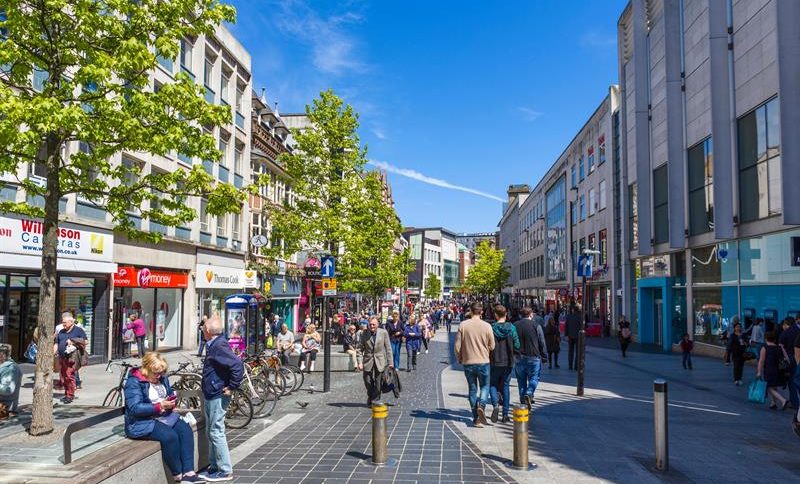How are local authorities using technology to improve services and reduce costs in straightened times?
Local authorities across the UK have had to contend with a decade of tight budgets and austerity, at least at the local level, looks set to continue for a few more years.
But while councils have been struggling with falling budgets they are also having to cope with, and better understand, the implications of the digital revolution and how it is, and could, affect the delivery of public services.
This revolution is forcing councils to rethink not just how they operate, but what it is that they need and want to do.
A report from the Social Market Foundation (SMF) looked at how technology is helping to transform the urban environment and suggests that faster, more reliable mobile coverage, full fibre broadband and the Internet of Things are radically changing how citizens interact with public services and how those services operate.
According to the SMF the Fourth Industrial Revolution is making it easier and cheaper for decision makers to deliver responsive, high quality services and to tackle a diverse range of issues such as waste management, road congestion, air and light pollution and other local-level environmental issues.
These challenges are not insignificant and many, such as road congestion, are expected to get worse. Growing urban populations are also putting a strain on resources.
As a result, councils are turning to artificial intelligence, the Internet of Things (IoT) and wearable technology to provide enhanced services.


